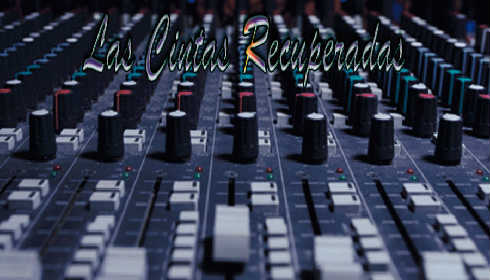 1.Vignette 7:03
1.Vignette 7:032.Tone Field 7:56
3.Major Major 8:58
4.Trilogy I 8:32
5.Trilogy II 9:42
6.Trilogy III 6:20
GARY PEACOCK- bass
KEITH JARRETT- piano
JACK DEJOHNETTE- drums.
The bassist calls on pianist Keith Jarrett and drummer Jack DeJohnette for his greatest album as leader. It is the same lineup as the obviously more-vaunted Jarrett standards trio, and this recording lacks nothing of the Jarrett-led albums. It works, not due to the great pianist's presence alone, but because Peacock is a strong writer of atmospheric pieces that seem to hark to natural forces--the wind and the rain. ECM has characteristically opted for a lush sound. Peacock's enveloping bass sound sings in a yearning, elevated voice. He has drawn from the direct lyricism of Bill Evans. His own sound and compositions are, however, even more introspect and otherworldly, thanks in part to Peacock's judicious use of elements from the avant-garde, in which he often worked. --Peter Monaghan.





































